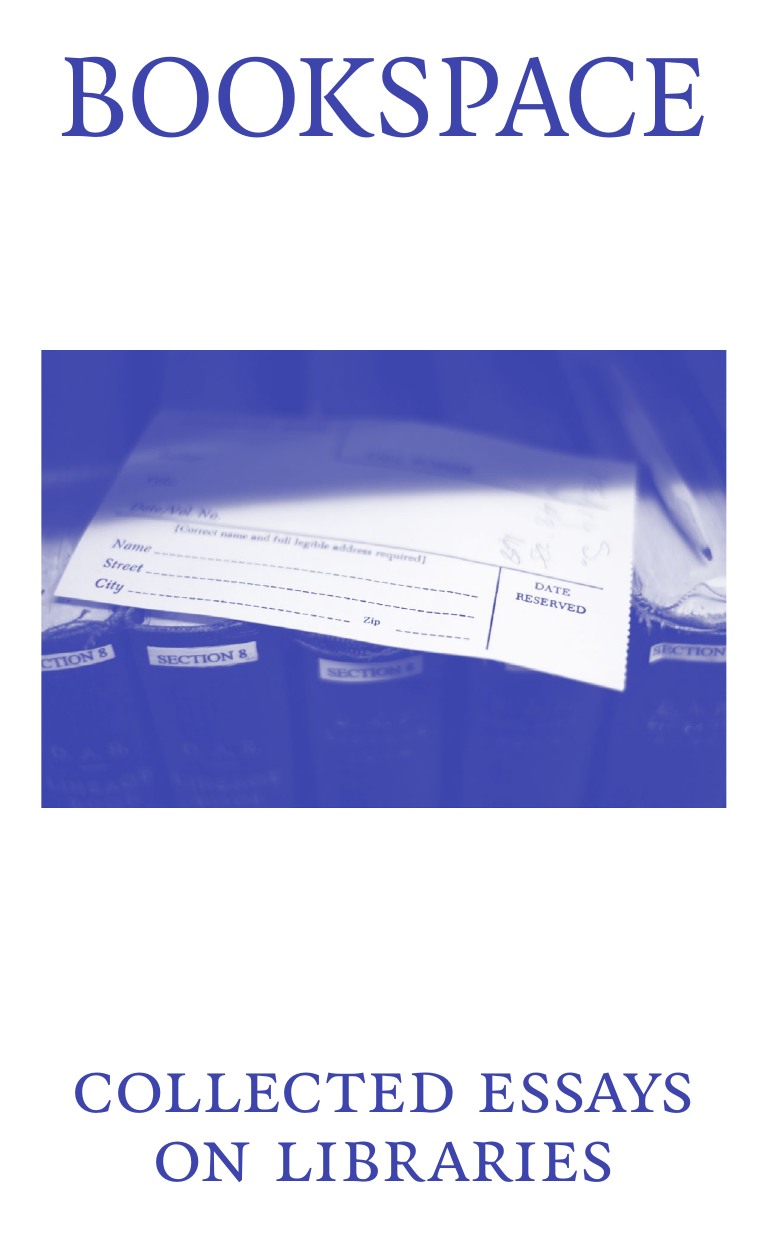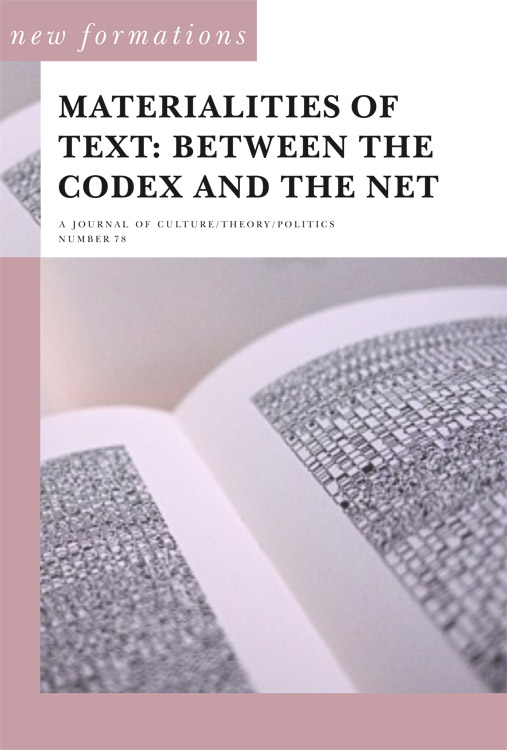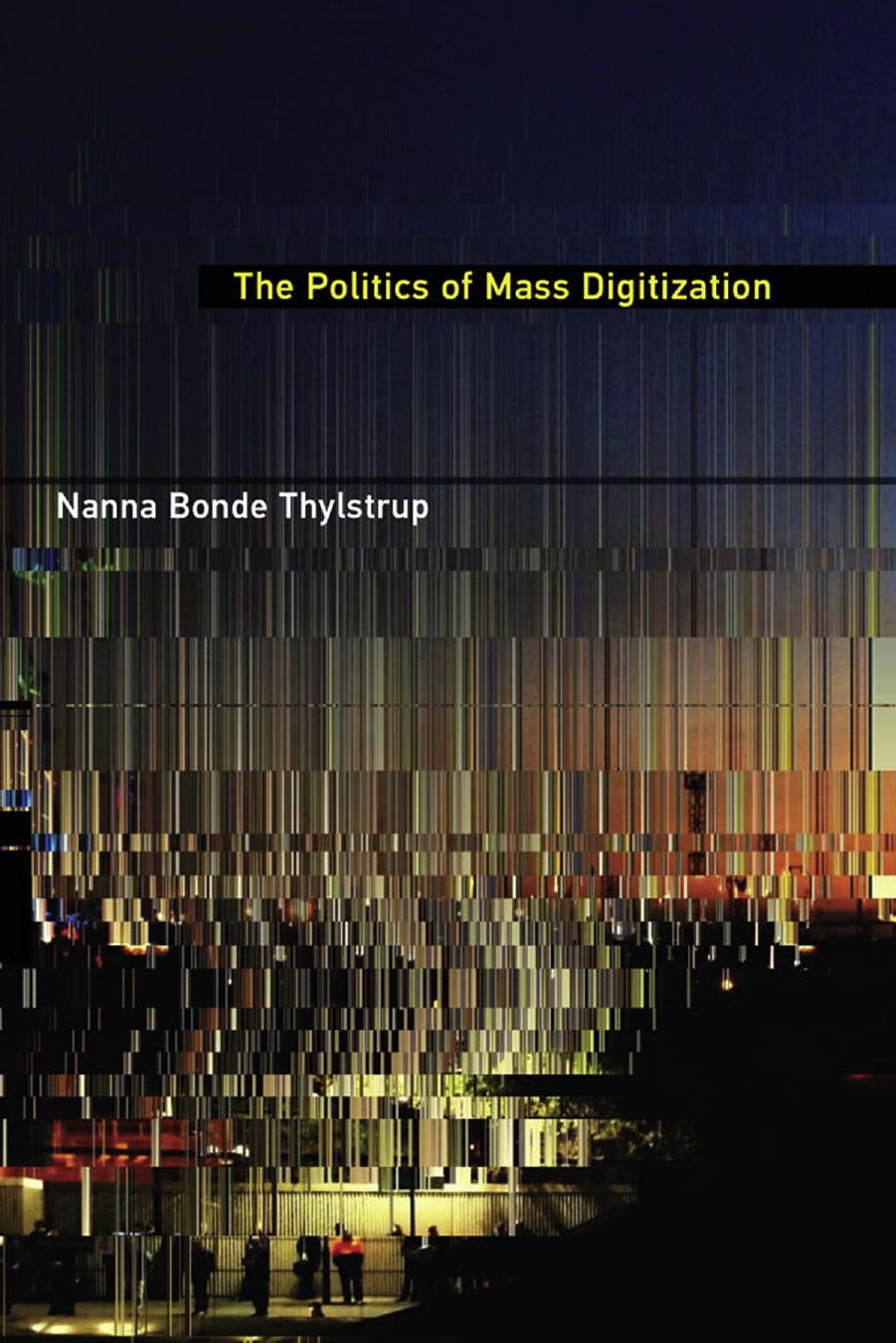Maria Inês Cruz, Lozana Rossenova (eds.): Bookspace: Collected Essays on Libraries (2015)
Filed under book | Tags: · archive, book, digital library, library

“Bookspace: Collected Essays on Libraries focuses on the current development of library spaces as public institutions through the perspective of architects, writers, librarians, and readers. The book addresses the architecture of modern public spaces, and the development of library collections in the age of digital information, in order to discuss the larger social context of library institutions. It provides an insight into their management and how their functions are changing.
A comprehensive look at the social role of libraries is a key part of the book. In the Western World, constant funding cuts – justified with austerity measures in the current economic climate – affect the functioning and closing of libraries. While in the Middle East and Northern Africa, the challenges arise from socio-political conditions and military regimes, thus, threatening the preservation and sharing of knowledge, and overshadowing those libraries’ historical roots and social roles.
Recognising how patterns of information distribution and consumption are changing driven by both technical and social developments, we aim to suggest how they might evolve in the future.”
Contributions by David Pearson, Heba El-Sherif, Marie Lécrivain, Julius Motal, Jorge Reis, João Torres, and Tom Vandeputte.
Publisher Inland Editions, London, 2015
133 pages
Publisher (archived), Twitter
WorldCat
PDF (6 MB)
Comment (0)New Formations, 78: Materialities of Text: Between the Codex and the Net (2013)
Filed under journal | Tags: · archive, artists book, book, digital humanities, digital library, library, materiality, publishing, reading, shadow library, text

“The cultural authority of the codex form of the book appears to be in a process of displacement ensuing from the rise of on-line digital media. The traditional material structures of the book – its physical forms and its institutional forms of production, circulation, and preservation – are often seen as being subject to dematerialisation; evaporating in the transitory appearances of the digital screen and in the proliferation of new systems of production. However, this issue of New Formations makes the case that the present historical juncture should be understood as a mixed media milieu, in which traditional and digital forms of writing and publishing coalesce and conflict in a complex array of textual materialities.
Such materialities of text are at once sites of political and aesthetic experimentation, and of intense capitalization, intersecting features which are approached in the articles collected here through a broad range of theoretical and empirical themes: diagrammatic writing; the material reading formations of a best-seller novel; grey literature in the institutions of cultural studies; Black Twitter; the politics of Open Access and the artists’ book; digital humanities and its political problematics; the bibliopolitics of the passport; and the political and aesthetic forms of independent publishing.”
Contributions by Richard Burt, Sanjay Sharma, Hanna Kuusela, Johanna Drucker, Ted Striphas and Mark Hayward, Sas Mays, Janneke Adema and Gary Hall, Jodi Dean, Sean Dockray, Alessandro Ludovico, Pauline van Mourik, Broekman, Nicholas Thoburn and Dmitry Vilensky.
Edited and with an Introduction by Sas Mays and Nicholas Thoburn
Publisher Lawrence & Wishart, Summer 2013
ISSN 0950-2378
207 pages
Review: Janneke Adema (2013).
Comment (0)Nanna Bonde Thylstrup: The Politics of Mass Digitization (2018)
Filed under book | Tags: · book, cultural memory, digitisation, europeana, google, infrapolitics, infrastructure, knowledge, library, media infrastructure, monoskop, networks, shadow library, speed, ubuweb

“A new examination of mass digitization as an emerging sociopolitical and sociotechnical phenomenon that alters the politics of cultural memory.
Today, all of us with internet connections can access millions of digitized cultural artifacts from the comfort of our desks. Institutions and individuals add thousands of new cultural works to the digital sphere every day, creating new central nexuses of knowledge. How does this affect us politically and culturally? In this book, Nanna Bonde Thylstrup approaches mass digitization as an emerging sociopolitical and sociotechnical phenomenon, offering a new understanding of a defining concept of our time.
Arguing that digitization has become a global cultural political project, Thylstrup draws on case studies of different forms of mass digitization—including Google Books, Europeana, and the shadow libraries Monoskop, lib.ru, and Ubuweb—to suggest a different approach to the study of digital cultural memory archives. She constructs a new theoretical framework for understanding mass digitization that focuses on notions of assemblage, infrastructure, and infrapolitics. Mass digitization does not consist merely of neutral technical processes, Thylstrup argues, but of distinct subpolitical processes that give rise to new kinds of archives and new ways of interacting with the artifacts they contain. With this book, she offers important and timely guidance on how mass digitization alters the politics of cultural memory to impact our relationship with the past and with one another.”
Publisher MIT Press, 2018
ISBN 9780262039017, 026203901X
ix+200 pages
Reviews: Paul Conway (Journal of the Association for Information Science and Technology, 2019), Logan Brown (New Media & Society, 2019), Marc Kosciejew (Information & Culture, 2019), Lizzie Martin (Convergence, 2019).
Commentary: Seb Chan (2019), Bill Caraher (2019).

